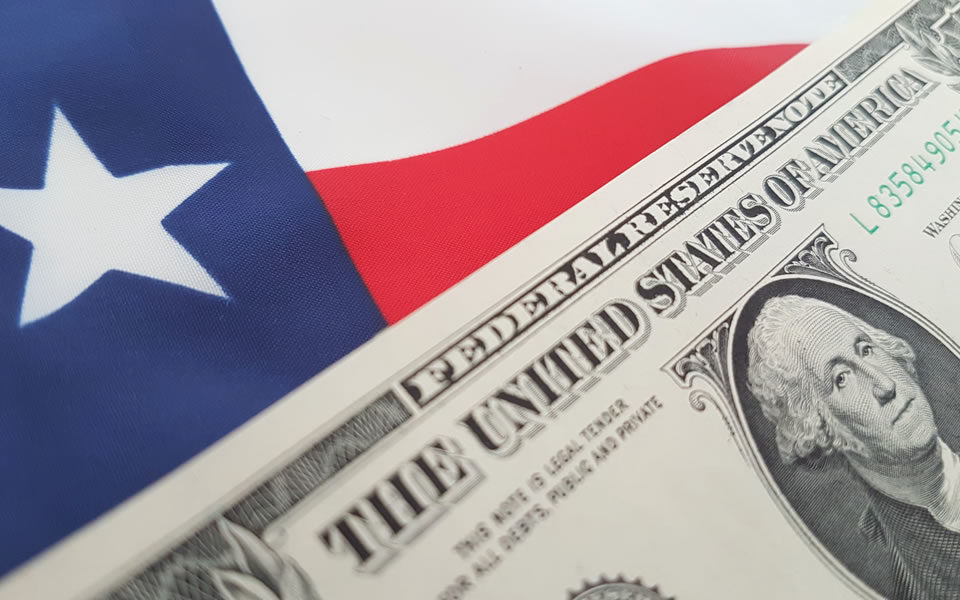The President Signs the Paycheck Protection Program and Health Care Enhancement Act
By Andrew Finkle, Partner, Tax & Business Services
On April 24, the President signed the Paycheck Protection Program and Health Care Enhancement Act (H. R. 266). This Act is set to provide $484 billion of aid for small businesses and healthcare providers.
The Paycheck Protection Program and Health Care Enhancement Act (the “Enhancement Act”) provides $370 billion in additional assistance for small businesses under the Paycheck Protection Program (PPP) and Economic Injury Disaster Loan (EIDL) program, including emergency grants, and includes new hospital funding of $75 billion to help hospitals and healthcare providers and $25 billion for COVID-19 testing.
Payroll Protection Program Enhancements
The PPP was established and funded with $349 billion on March 27 with the passage of the Coronavirus Aid, Relief, and Economic Security Act (CARES Act). The PPP provides up to $10 million dollars in forgivable loans administered by the Small Business Administration (SBA) to qualifying small businesses affected by COVID-19, to cover payroll, rent, utilities and other costs. PPP loans are forgivable if the borrower maintains employment and compensation levels. The initial funds appropriated for the PPP were exhausted on April 16. Shortly thereafter, the lawmakers determined to provide additional assistance.The Enhancement Act provides an additional $321 billion to the PPP, with other enhancements as follows:
- $310 billion for PPP loans, including $60 billion to smaller community lenders to ensure that more PPP loans are issued to small businesses, many of which were shut out during the first round of funding; plus
- $30 billion is set aside for banks and credit unions, including minority depository institutions (MDIs), which have between $10 billion and $50 billion in assets and are PPP lenders.
- $30 billion is set aside for banks and credit unions with less than $10 billion in assets, as well as all MDIs, Community Development Financial Institutions (CDFIs), certified development companies (CDCs) and microlenders that are PPP lenders.
- $11.3 billion for administrative fees.
Additionally, $62.1 billion is appropriated for the Small Business Administration, as follows:
- $50 billion in loan subsidies to fund the SBA Economic Injury Disaster Loans (EIDLs);
- $10 billion for EIDL grants; and
- $2.1 billion to administer the PPP and other SBA programs funded in the bill.
Further, the Enhancement Act provides an additional $75 billion to support hospitals and other healthcare providers for healthcare-related expenses or lost revenues attributable to COVID-19.
Finally, the Enhancement Act provides $25 billion for COVID-19 testing to help identify individuals infected with the coronavirus. To that end, the bill also requires the Department of Health and Human Services to report the number of COVID-19 cases and to develop a national strategy for testing.
PPP Requirements Unchanged
Other than the additional funds, the Enhancement Act does not change the PPP’s original framework or requirements. The SBA is still requiring that borrowers use at least 75% of loan proceeds for payroll costs. To qualify for forgiveness, a borrower must spend the loan funds within an eight-week period measured from the date of the loan disbursement.
Other New Funding
The Enhancement Act also earmarks an additional $60 billion for the Economic Injury Disaster Loan (EIDL) and emergency grant program run through the SBA’s Office of Disaster Assistance. The original allocation of $10 billion towards this goal was quickly exhausted, and now $60 billion in additional funds are available to replenish these grants.
Agricultural enterprises with no more than 500 employees are now eligible for EIDL loans and grants.
Marcum Insight
The additional funds authorized by the Enhancement Act will allow lenders to fund loans for businesses with approved or pending PPP applications, continue underwriting applications, and resume accepting new applications.
If you have already applied for a PPP loan, you should not submit a second application. Businesses seeking to access the new funds should act promptly, as demand for the loans continues to be high. To apply, you must submit SBA Form 2483 (Paycheck Protection Program Application Form) and payroll documentation.
It is expected that the SBA will issue additional guidance via “FAQs” in the coming days and weeks, and we will continue to advise you as we obtain more information. Those industries particularly hard hit, such as the restaurant and retail sectors, have voiced concerns related to the PPP and its required mandates which might result in missing out on forgiveness if their businesses are closed. It is expected that the SBA and/or Treasury may issue guidance to address these specific concerns.
Contact your Marcum tax advisor with any questions concerning this funding or the application process, or contact Andrew Finkle, Partner, Tax & Business Services at 215.297.2370 or email Andrew.
Coronavirus Resource Center
Have more questions about the impact of the coronavirus on your business? Visit Marcum’s Coronavirus Resource Center for up-to-date information.




















